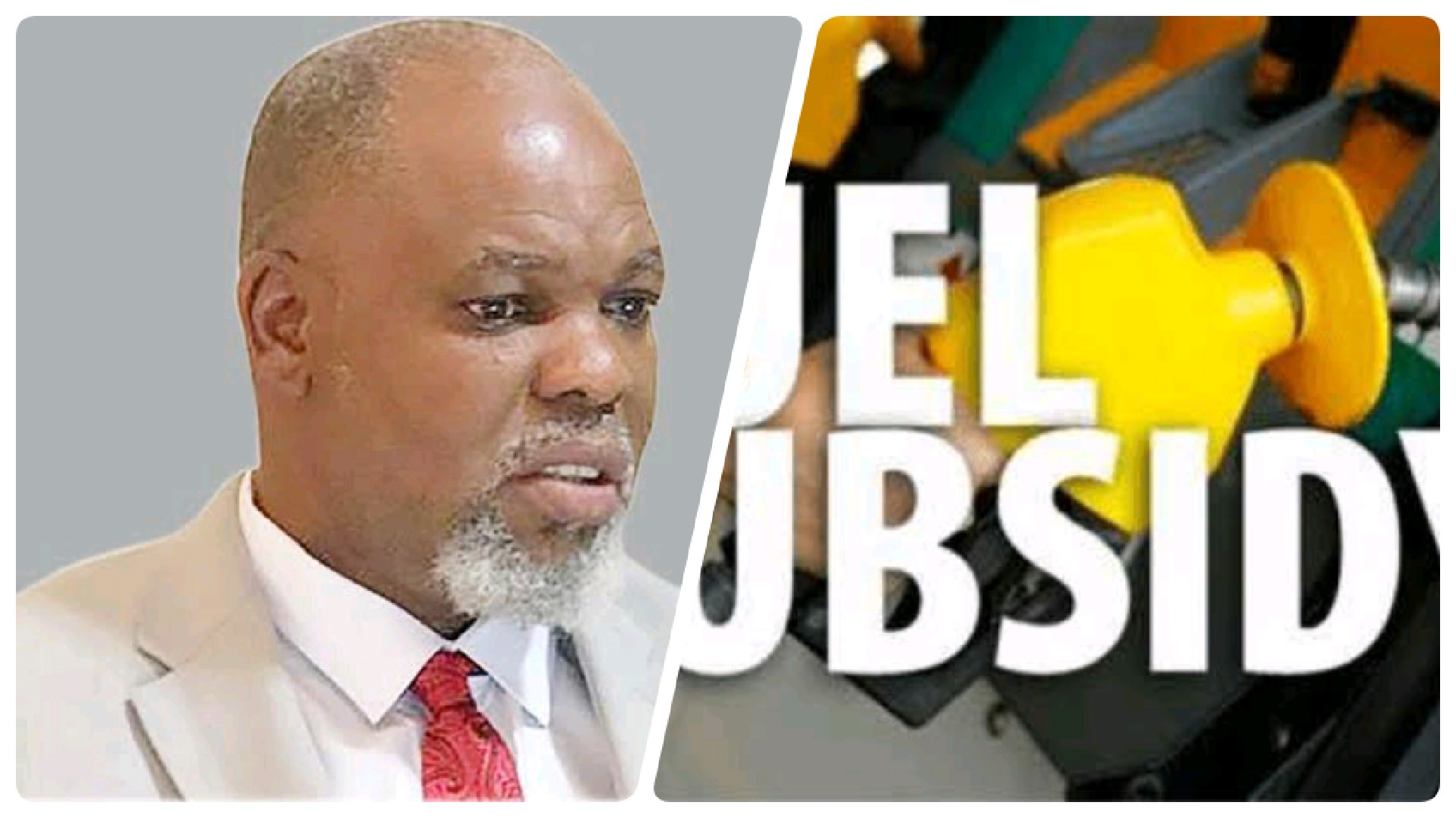
…vows to deploy technology in tracking palliative at all levels
…urges Tinubu to declare state of emergency on water resources
A Development expert and co-founder and Chief Executive Officer of Global Initiative for Nigeria Development (GIND), has advised poor Nigerians to look up to their governors for palliatives meant to cushion the effect of economic hardship incurred by the removal of fuel subsidy. Ale also expressed the commitment of his organization to monitor the disbursement of the palliatives to poor Nigerians so as to ensure that the process adhere to principles of transparency and accountability.
Ale clarified that his organization’s resolve to monitor the disbursement was meant to ensure that the palliatives promised poor Nigerians by the federal government in order to cushion the effect of economic hardship brought by the fuel subsidy removal, is creditably implemented.
Promising that GIND would deploy its Track and Trace technology in monitoring the disbursement, he said: “We’ll use the same method to track and trace all projects relating to palliatives whenever the Federation Allocation Account Committee (FAAC) commences disbursement of the funds to States and Local Government in the country.
“Our Track and Trace volunteers and advocates are being recruited nationwide to monitor and report how palliatives are being utilized through Track and Trace (T&T) technological device. The purpose of this is to ensure transparency and credibility in the disbursement process.”
Ale who is also the national coordinator of Courageous Nigerian Livelihood Project (CNLP) praised Nigerians for their perseverance and resilience in this hard time when prices of commodities have skyrocketed due to the hike in fuel prices and Dollar which has brought untold hardship on the citizenry.
In another development, Ale, who is also national President of the Association of Water Well Drilling Rig Owners Practitioners (AWDROP) urged President Bola Tinubu to consider declaring a state of emergency on water resources the same way he had declared a state of emergency on food security, saying it is high time water was given priority in novel national development strategies to forestall an imminent scarcity of the resources.
The water expert also tasked government at all levels to pay important attention to the issue of water resources (mis)management and treat it as a part of current national emergency.
He called for increased awareness and citizens’ action in order to draw government attention to the dire need to address the water scarcity and water resource management in the country.
He warned that water level is receding down in the earth and that there is an urgent need to pay attention to its accessibility, affordability and management as critical part of livelihood for all Nigerians, especially the rural dwellers who may be badly affected.
His words: “In less than 20 years from now, I am afraid water may become too scarce for human use or consumption if we do not do something now”.
The president made the above call while speaking to the audience on how to attain Net Zero Water Roadmap during a technical session at the Future Cities Summit held in Abuja between Wednesday and Thursday.
He observed that: “Water is very critical to daily human existence but unfortunately, our government at all levels do not pay attention to the issue of water in terms of it’s availability, affordability and management”.
Ale also harped on the need for Nigeria to attain “net zero emission in order to meet the global benchmark of emission reduction by 2030 and to attain net zero by 2060”.
To get to the next zero emission, he said, “you need to look at the source of your water. The developed world have a centralized power system that pumps water for distribution and consumption but in Nigeria and, of course, Africa, individuals provides water for themselves.
“You see every compound having boreholes and using generator to pump water into the overhead tanks thereby discharging carbon into the atmosphere and other ecological problems”, he said.
He said “water leadership and governance system”, as well as “a synergy between government, the media and nongovernmental organizations to join hands so as to ensure that water issues are addressed through policies and effective implementation”, he said.
